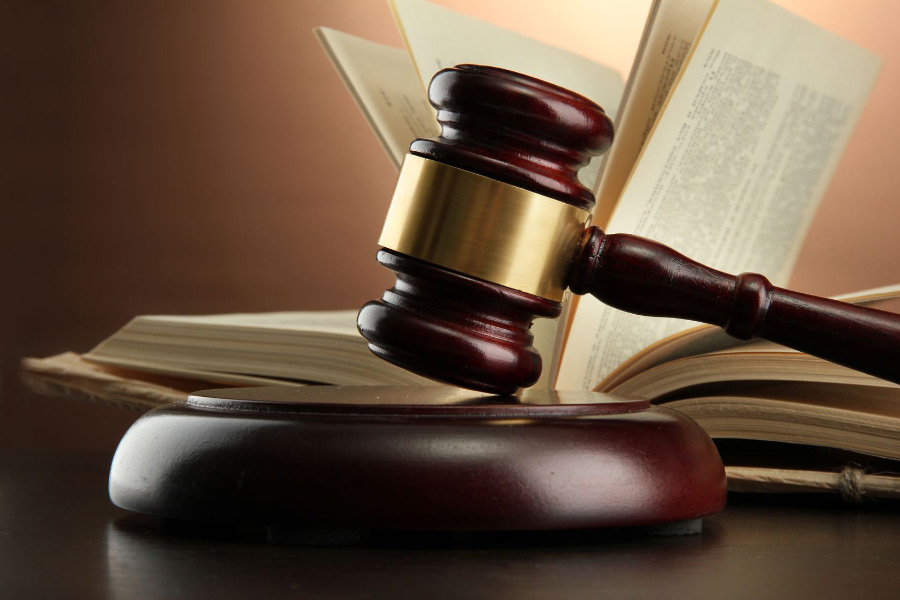Rai Mazhar Ali
The World Justice Project’s (WJP) Rule of Law Index for 2024 reveals a nuanced picture of Pakistan’s legal and governance landscape. The slight improvement from 130th in 2023 to 129th out of 142 countries assessed reflects some progress, yet the data underscores persistent challenges that continue to plague the nation’s civil and criminal justice systems, governance, and fundamental rights. Despite this minor upward shift in ranking, the absolute values of various metrics lay bare the severe deficiencies that still characterize Pakistan’s rule of law framework, presenting a stark indictment of its judicial and governmental effectiveness.
One of the most striking findings is Pakistan’s extremely low ranking in the areas of order and security, where it occupies a dismal 140th position globally, the third worst overall. This alarming statistic is compounded by the country’s status as the worst in its regional context, illustrating significant issues regarding public safety and law enforcement. Factors contributing to this ranking include inadequate policing, a high incidence of violence, and pervasive insecurity felt by the populace. The ramifications of such a breakdown affect not only individual safety but also the broader trust in public institutions, which is essential for the functioning of a democratic society.
Moreover, while the WJP Index suggests some positive movement in criminal justice, with a rank of 98th globally, the regional context remains disappointing, placing Pakistan fourth out of six countries. This inconsistency highlights systemic issues within the legal framework that hinder effective criminal justice delivery. Factors here include prolonged detention periods, a lack of fair trial standards, and widespread allegations of corrupt practices, all of which undermine public confidence in the administration of justice. The juxtaposition of a marginal global improvement with a stagnant regional position indicates an urgent need for comprehensive reforms in how laws are enforced and justice its administered.
The findings related to civil justice are equally concerning. Positioned at 128th in the world, Pakistan’s civil justice system exhibits serious deficiencies, particularly in the accessibility and effectiveness of legal recourse for ordinary citizens. This situation indicates a legal environment where rights are not uniformly protected, often leaving the marginalized and disadvantaged with limited avenues for addressing grievances. Particularly in poorer regions, the barriers to accessing legal services become even more pronounced, leading to a disparate impact on justice availability based on socio-economic status.
In the realm of governance, Pakistan’s performance is marred by corruption, as evidenced by its ranking of 124th globally. Corruption remains not only a legal issue but a societal one that impacts everyday interactions, trust in the government, and the economic stability of the country. This persistent problem stifles progress and reforms, as vested interests often undermine accountability mechanisms that are essential for strengthening democratic institutions.
Despite the slight uptick in ranking in the 2024 WJP Rule of Law Index, the overall assessment underscores the urgent need for meaningful reforms across multiple domains. The political landscape, marred by internal conflicts among high-ranking officials, further complicates the quest for a robust rule of law. Such discord among judiciary leaders indicates a fractured system where governance and justice are frequently politicized. For Pakistan to achieve sustainable improvement in its Rule of Law score, there must be a concerted effort from all stakeholders, including civil society, to promote transparency, accountability, and respect for human rights.
In summary, the WJP’s 2024 findings represent both a flicker of progress and a clarion call for deep and structural reforms. While the marginal increase in global ranking suggests that efforts may be taking root, the underlying challenges signal that much work remains before Pakistan can achieve a truly fair and just legal system that serves all its citizens equitably.
















